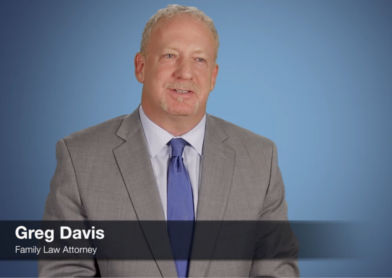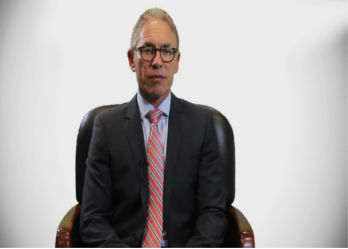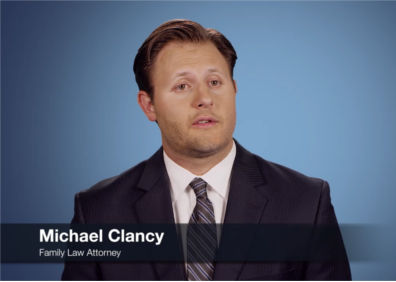Hi, my name is Mitchell Reichman. I’m a board certified specialist in family law and chair of the Family Law Department at Jaburg & Wilk. Opting out is choosing to resolve a family law dispute outside the traditional judicial system.
Mediation
One method of opting out is choosing mediation as an alternative to resolving disputes. Mediation can only occur by agreement. A judge has no jurisdiction or authority to order people to mediate. It is a voluntary process. There are many potential advantages of mediating a family law dispute.
First, the parties select the person who will be their mediator. Next, the parties can decide which issues will be submitted to the mediator. They have the choice of trying to resolve all of their issues in mediation or perhaps, only some of the issues in mediation where some issues need to be litigated.
Mediation is also an alternative that can be tailored to suit the parties’ particular time schedules. It occurs in a private office and not a public courtroom. What occurs in a mediation proceeding is confidential. Although, if there is an agreement, the agreement will be adopted by the court and then, become public. The parties can also choose to mediate with or without lawyers. Now, there’s a danger to that. There’s a big risk when parties mediate without lawyers and we don’t typically recommend it. But, it is an alternative particularly if there’s an issue that is relatively simple where the parties believe they do not need the presence of their lawyer with them during all of the time with the mediator.
Who Can Attend Mediation?
Also, other professionals can be brought in to a mediation process. Professional financial planners, business evaluation experts, or even mental health professionals can be part of a mediation process. All based on choices made by the parties and not decisions imposed on them by a judicial officer. Given all of these potential advantages, we often find that opting out by engaging in mediation helps us reach our goal of maximizing the probability that our clients obtain a favorable outcome in their family law dispute.
By: Mitchell Reichman









